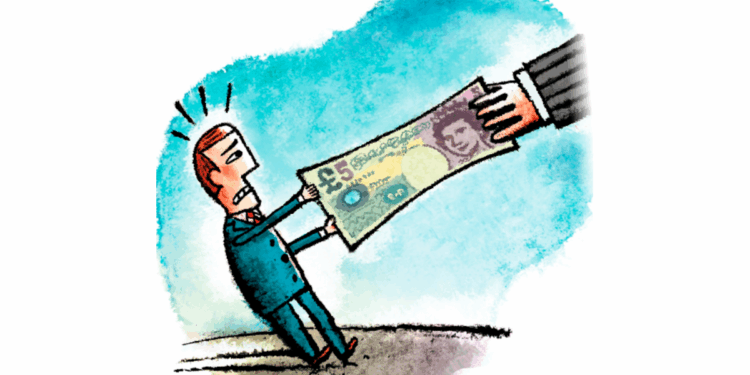In purely tactical terms, Jeremy Hunt managing to bounce Labour into ruling out raising any of the big revenue taxes ahead of the last election surely has to be up there with Gordon Brown’s invention of the 50p rate in terms of spiking one’s opponents’ economic policy guns.
Neither Sir Keir Starmer nor Rachel Reeves seem to have had any clear idea of what they wanted to do with the public finances (or indeed, anything else), and to have shared with many in their party the belief that merely not being the Conservatives would be sufficient to get the economy ticking over again.
They were also living in the long shadow of the 2017 election, in which Theresa May had demonstrated that even a 25-point lead in the polls could disintegrate if you asked too numerous a group of voters (in this case, inevitably, asset-rich older people) to pay for something.
Reeves has since been mauled by that cohort a second time when she tried to means-test the Winter Fuel Allowance, a perfectly sensible economising measure up with which her backbenchers would not put. So it is a testament to the desperation in Number 11 that the Chancellor is reportedly preparing to tilt at this windmill once again with a serious Council Tax raid:
“Families face council tax bills of up to £10,000 a year under plans being considered by Rachel Reeves to double rates on more than a million homes. The Chancellor is said to be looking at proposals to apply a 100 per cent increase to the two highest council tax bands, which would predominantly hit households in London and the South East.”
This move wouldn’t be exclusively targeted at pensioners, of course. But they would be badly hit. One artefact of Britain’s only annual property tax being frozen at a valuation from the early 1990s is that whilst it takes an absurd income to buy an expensive home now, it does not require one merely to keep one you acquired decades ago.
Apparently the proposal originates from the Institute for Fiscal Studies, and has the objective of getting some much-needed revenue for local authorities. Even the substantial forecast returns (£4.2bn) don’t add up to the scale of the deficits councils have already racked up servicing so-called ‘statutory obligations’ imposed by Westminster (currently over £6bn); once again, this big increase in tax is not solving a problem, merely postponing a reckoning with an unsustainable status quo.
Yet even more sobering is this, from slightly further down the same story: “It comes with Ms Reeves understood to be considering a capital gains tax raid on inherited assets, including property, as well an exit tax on entrepreneurs fleeing Britain.” Exit taxes are never a good sign for any economy – but this is also another reminder that the liquid rich (i.e. the people most voters likely think of as ‘the rich’) have options not available to the illiquid rich (i.e. people whose house is worth a million pounds).
This is the doom loop. It isn’t that raising the big revenue taxes would actually fix anything either – it would simply suck more money out of the roughly one third of British adults who are net contributors to the Exchequer and eat a bit more of the economy.
But refusing to do so, partnered with Labour’s unwillingness to deliver even trivial spending reductions, has left Reeves scrambling about for other ways of balancing the books. Like her Conservative predecessors, she has already started to squeeze the life out of capital spending, which is the sort which might actually solve the problem. Increasingly desperate revenue grabs are next.
And for what? The Times reports that the Chancellor is to “put NHS first again in tax-raising budget”. But NHS spending already doubled in real terms (and tripled in nominal terms) during the Tories’ 14 years in office, and that’s excluding the Covid peak. One more heave won’t fix it.
But until we have a government prepared to undertake an extremely painful course correction – and, in the politicians’ defence, and electorate prepared to vote for one – this is simply a foretaste of every budget for the foreseeable future.








![Florida Officer Shot Twice in the Face During Service Call; Suspect Killed [WATCH]](https://www.right2024.com/wp-content/uploads/2025/12/Inmate-Escapes-Atlanta-Hospital-After-Suicide-Attempt-Steals-SUV-Handgun-350x250.jpg)








